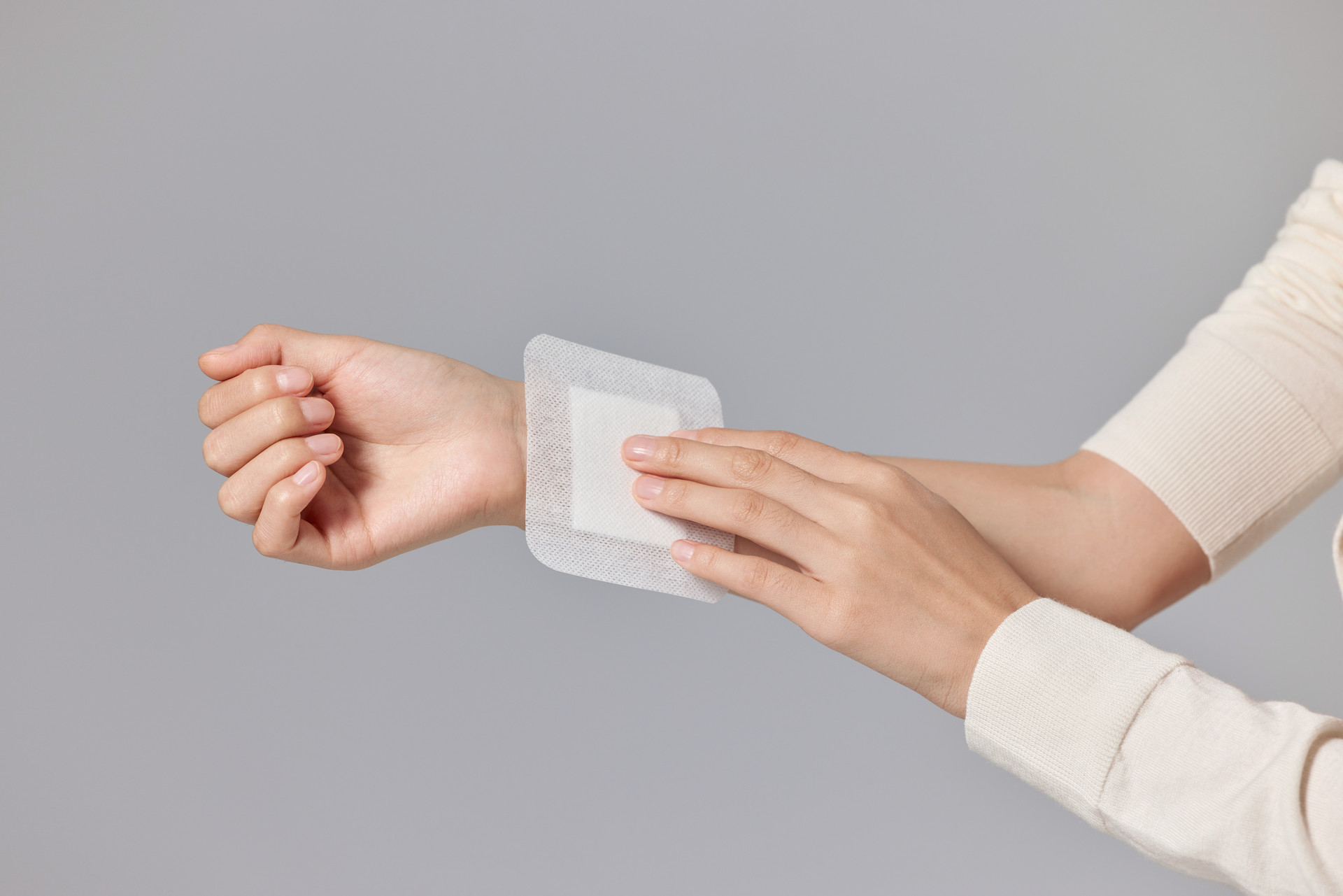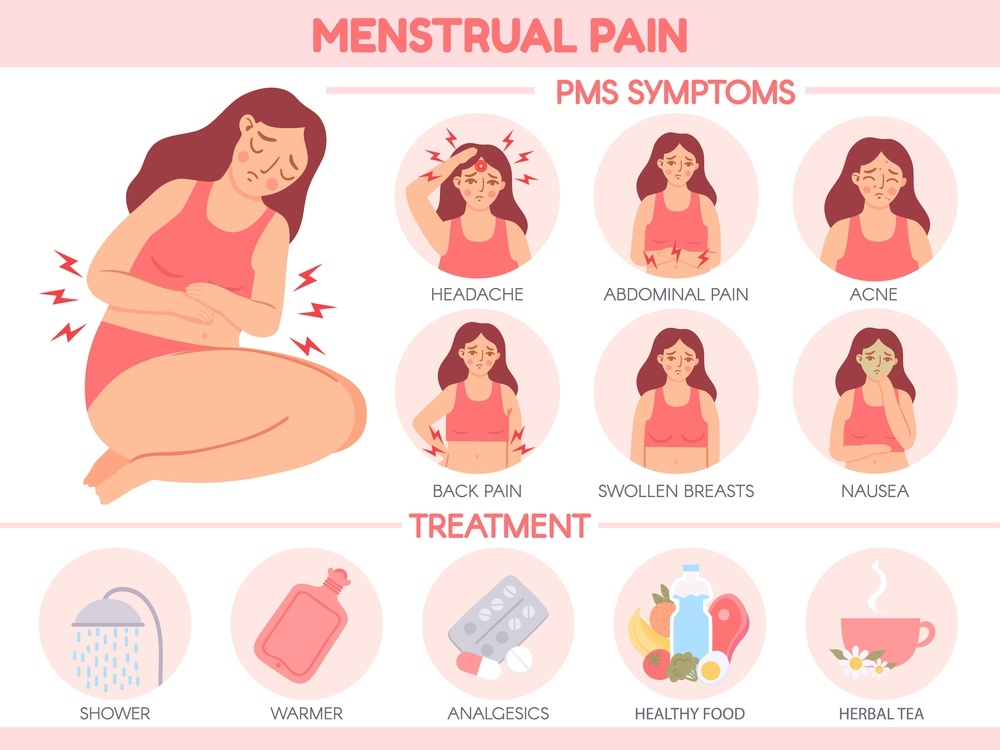Mothers who breastfeed after childbirth need to consume more high-calorie and high-protein foods than the average person in order to provide enough milk for their babies. In addition to maintaining a balanced diet, mothers can promote milk production by drinking more soup, water, juice, milk, and other nutritious beverages, and eating an extra meal or two compared to usual. Consuming various types of soups such as pork knuckle and peanut soup, fish soup, and pork rib soup has a good effect on milk secretion.
Foods and Habits to Avoid during the Lactation Period
In order to maintain the health of both themselves and their babies, mothers should avoid consuming certain foods or indulging in certain habits that may affect milk production and disrupt the effectiveness of breastfeeding.
1. Foods that inhibit milk production: Examples include leeks, malt water, ginseng, and other similar foods.
2. Stimulants: The postpartum diet should be light and should not include stimulating items such as spicy seasonings, chili peppers, alcohol, coffee, and cigarettes.
① Alcohol: In general, a small amount of alcohol can promote milk production and has no effect on the baby. However, excessive consumption can inhibit milk production and also affect uterine contraction. It is advisable to drink alcohol in moderation or avoid it altogether.
② Coffee: Coffee stimulates the central nervous system. A cup of 150ml of coffee contains 100ml of caffeine, and it is generally recommended that a normal person should not exceed three cups per day. Although there is no evidence suggesting that it is harmful to the baby, breastfeeding mothers should consume coffee in moderation or stop drinking it altogether.
③ Overly stimulating seasonings: Breastfeeding mothers should exercise restraint when consuming spicy items such as chili peppers.
3. Fried foods and high-fat foods: These types of foods are difficult to digest and have a high calorie content. They should be consumed in moderation.
4. Cigarettes and tobacco: If breastfeeding mothers continue to smoke during the breastfeeding period, nicotine will quickly appear in the breast milk and be absorbed by the baby. Research has shown that nicotine has adverse effects on the baby's respiratory system. Therefore, it is best for breastfeeding mothers to quit smoking and avoid exposure to secondhand smoke.
5. Medications: Although most medications do not affect the baby when taken at normal doses, it is still advisable for breastfeeding mothers to inform their doctors about their breastfeeding status before self-medicating. This will allow the doctor to prescribe medications that are safe to take and choose medications with shorter durations to minimize the amount of medication passed through breast milk.
In addition, if mothers need to take medication after breastfeeding their babies, they should wait until the concentration of the medication in the breast milk is at its lowest before feeding their babies. This will ensure the baby's safety.
6. Allergic reactions: Sometimes newborns may experience allergic reactions. Postpartum mothers should observe whether there are any rashes on the baby's skin and evaluate their own diet as an early detection and treatment reference. Therefore, it is recommended for postpartum mothers to breastfeed and avoid consuming any foods that may cause allergies in the baby.








